When Did Modern Homo Sapiens Arrive
During a time of dramatic climate change 300000 years ago Homo sapiens evolved in Africa. In 2008 scientists first discovered a bone from a pinky finger in the cave and concluded it belonged to a previously unknown ancient hominin who lived between 30000 and 50000 years ago.
 Denisovan Dna Finding Could Rewrite The Story Of Australia S Discovery Human Migration Civilization History Human Evolution
Denisovan Dna Finding Could Rewrite The Story Of Australia S Discovery Human Migration Civilization History Human Evolution
Sapiens first appeared in southern China between 120000 and 80000 years ago indicates that our species dispersed across southern Asia well before 60000 years ago Fig.

When did modern homo sapiens arrive. Early European modern humans or Cro-Magnons were the first early modern humans Homo sapiens to settle Europe continuously occupying the continent since possibly as early as 48000 years ago with intermittent presence since at earliest 210000 years ago. That means we can say that modern humans are at least that old. It is thought to have evolved sometime between 160000 and 90000 years ago in Africa.
The oldest Homo sapiens fossils that anthropologists have found thus far date to around 315000 years ago. Modern humans spread across Europe about 40000 years ago. 300000 to 200000 years ago in contrast to Out of Africa I which refers to the migration of archaic humans from Africa to Eurasia roughly 18 to 05 million years agoOmo-Kibish I Omo I from southern Ethiopia is the oldest.
It includes brief explanations of the various taxonomic ranks in the human lineage. The finding that H. It suggested that modern humans originated in Africa within the last 200000 years from a single group of ancestors.
The first modern humans began moving outside of Africa starting about 70000-100000 years ago. They appear in Southwest Asia around 100000 years ago and elsewhere in the Old World by 60000-40 000 years ago. Meaning that Homo sapiens and Neandertals may have lived together in Europe for almost 15000 years according to two studies published this week in Nature.
Recent African origin or Out of Africa II refers to the migration of anatomically modern humans Homo sapiens out of Africa after their emergence at c. Like other early humans that were living at this time they gathered and hunted food and evolved behaviors that helped them respond to the challenges of survival in unstable environments. Modern humans continued to evolve in Africa and had spread to the Middle East by 100000 years ago and possibly as early as 160000 years ago.
Now new analyses of several fossils estimate that modern humans arrived in Europe much earlier some 45000 years ago. But the explanation of how and when this peopling happened has needed to be heavily revised in the last two decades. Homo sapiens which is us the first known modern humans evolved on Earth somewhere between 300000 and 200000 years ago.
They date to nearly 200000 years ago on that continent. North and South America were relatively lonely places for our species 13000 years ago. We then waited until about 100000 to 70000 years ago to walk out of Africa into Asia and later Europe where Neanderthals lived and eventually became extinct.
The recent African origin paradigm suggests that the anatomically modern humans outside of Africa descend from a population of Homo sapiens migrating from East Africa roughly 7050000 years ago and spreading along the southern coast of Asia and to Oceania by about 50000 years ago. Sapiens and last common human ancestor to modern humans arose between 350000 and 260000 years ago through a merging of populations in East and South Africa. The timeline of human evolution outlines the major events in the evolutionary lineage of the modern human species Homo sapiens throughout the history of life beginning some 42 billion years ago down to recent evolution within H.
Homo sapiens sapiens subspecies of Homo sapiens that consists of the only living members of genus Homo. Traditionally this subspecies designation was used to separate modern humans from more-archaic members of H. The long evolutionary journey that created modern humans began with a single stepor more accuratelywith the ability to walk on two legs.
Sapiens during and since the Last Glacial Period. In September 2019 scientists proposed that the earliest H. The first study looked at the teeth of an infant found in Italy in 1964.
Neanderthals appear and are found across Europe from Britain in the west to Iran in the east until they become extinct with the advent of modern humans 28000 years ago 195000 YA Our own species. One of our earliest-known ancestors Sahelanthropus began. So far the earliest finds of modern Homo sapiens skeletons come from Africa.
That means we can say that modern humans are at least that old. They developed a capacity for language about 50000 years ago. The continents were the last major landmasses in the world to be populated by Homo sapiens.
Homo sapiens the first modern humans evolved from their early hominid predecessors between 200000 and 300000 years ago.
Archaic Homo Sapiens Homo Heidelbergensis And Homo Antecessor Facts And Details
 Pin On Getting To Homo Sapiens
Pin On Getting To Homo Sapiens
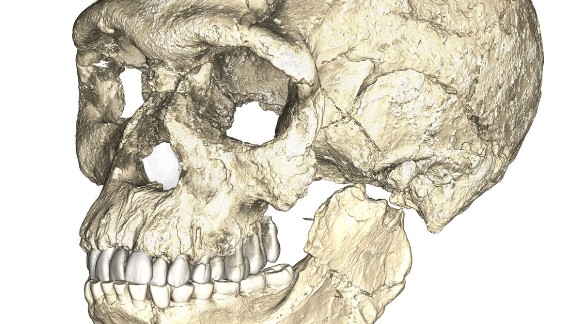 Oldest Homo Sapiens Fossils Discovered Cnn
Oldest Homo Sapiens Fossils Discovered Cnn
 Homo Sapiens Origin Britannica
Homo Sapiens Origin Britannica
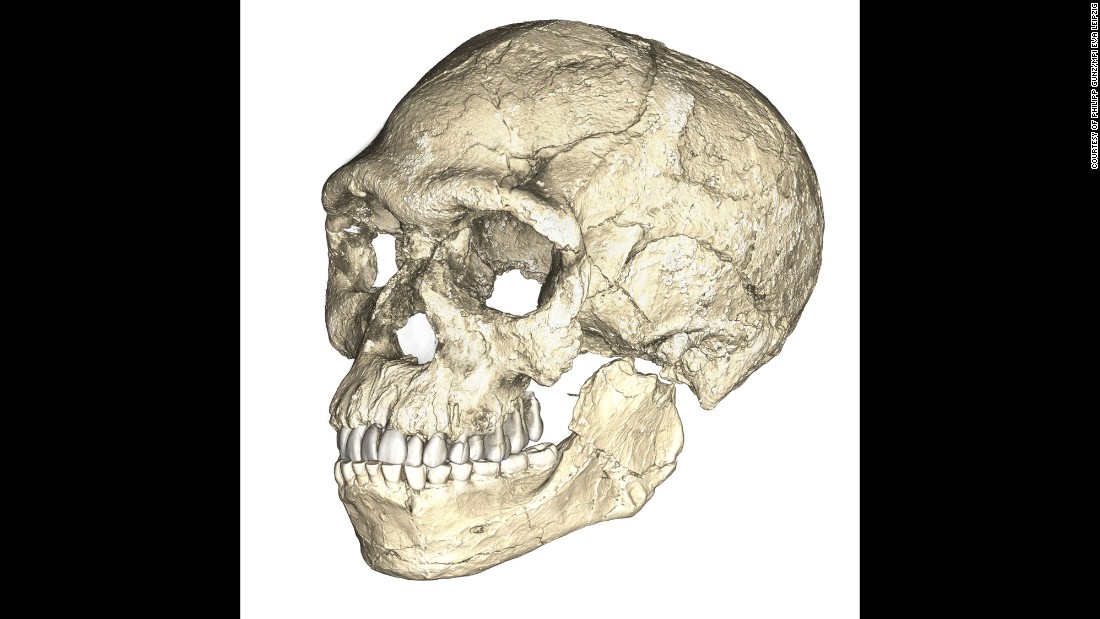 Oldest Homo Sapiens Fossils Discovered Cnn
Oldest Homo Sapiens Fossils Discovered Cnn
 It S Official Timeline For Human Migration Gets A Rewrite Discover Magazine
It S Official Timeline For Human Migration Gets A Rewrite Discover Magazine
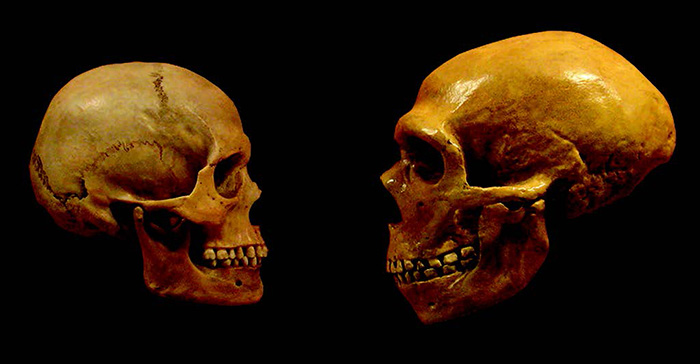 Era 2 Early Humans 250 000 Years Bp To 3 000 Bce Khan Academy
Era 2 Early Humans 250 000 Years Bp To 3 000 Bce Khan Academy
 Neanderthal Characteristics Dna Facts Britannica
Neanderthal Characteristics Dna Facts Britannica
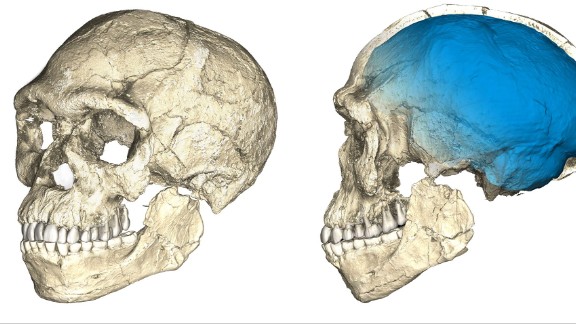 Oldest Homo Sapiens Fossils Discovered Cnn
Oldest Homo Sapiens Fossils Discovered Cnn
 Homo Sapiens Sapiens Description Facts Britannica
Homo Sapiens Sapiens Description Facts Britannica
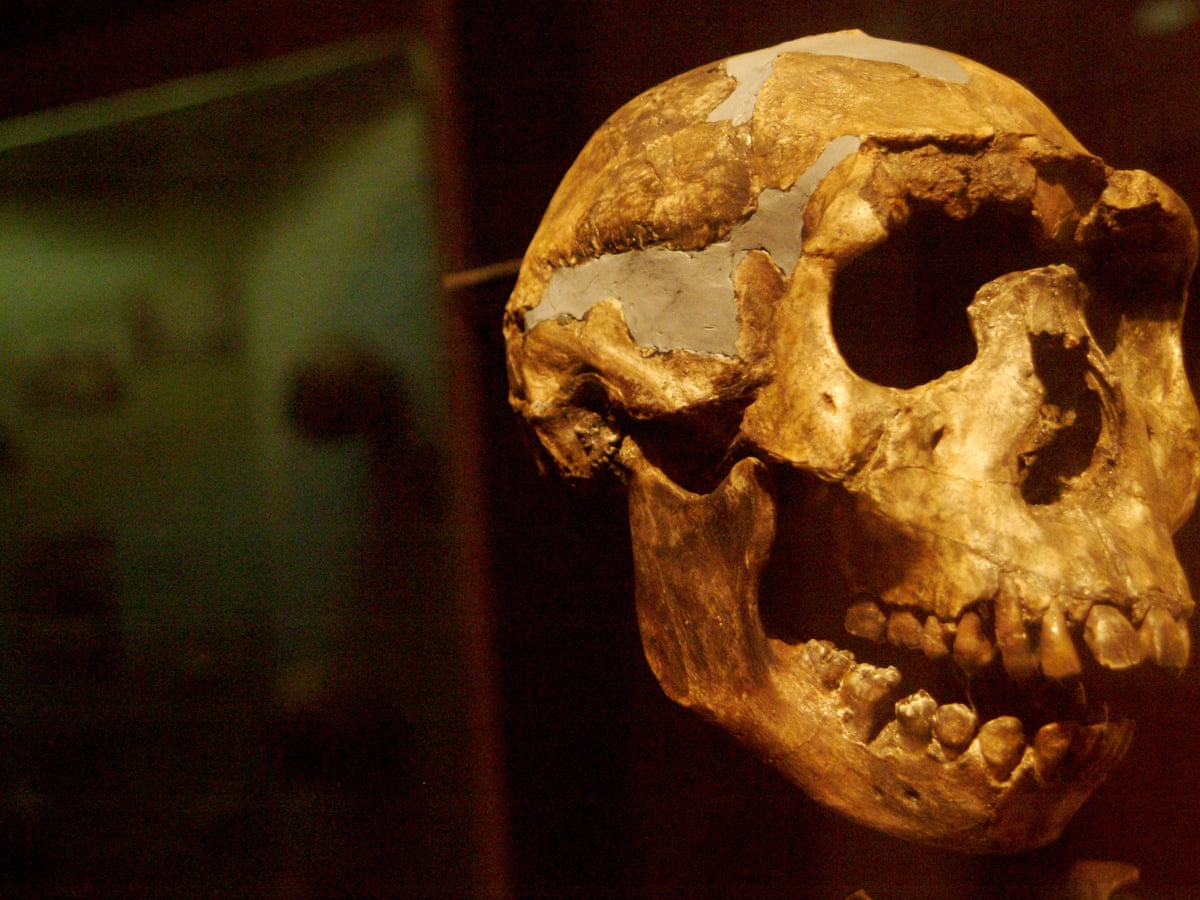 First Human Ancestors To Leave Africa Died Out In Java Scientists Say Science The Guardian
First Human Ancestors To Leave Africa Died Out In Java Scientists Say Science The Guardian
 Pin By Topmoods On Children Educational Neanderthal Human Evolution Biological Anthropology
Pin By Topmoods On Children Educational Neanderthal Human Evolution Biological Anthropology
 Bulgarian Fossils Suggest Homo Sapiens Arrived In Europe Earlier Than Previously Thought News Dw 12 05 2020
Bulgarian Fossils Suggest Homo Sapiens Arrived In Europe Earlier Than Previously Thought News Dw 12 05 2020
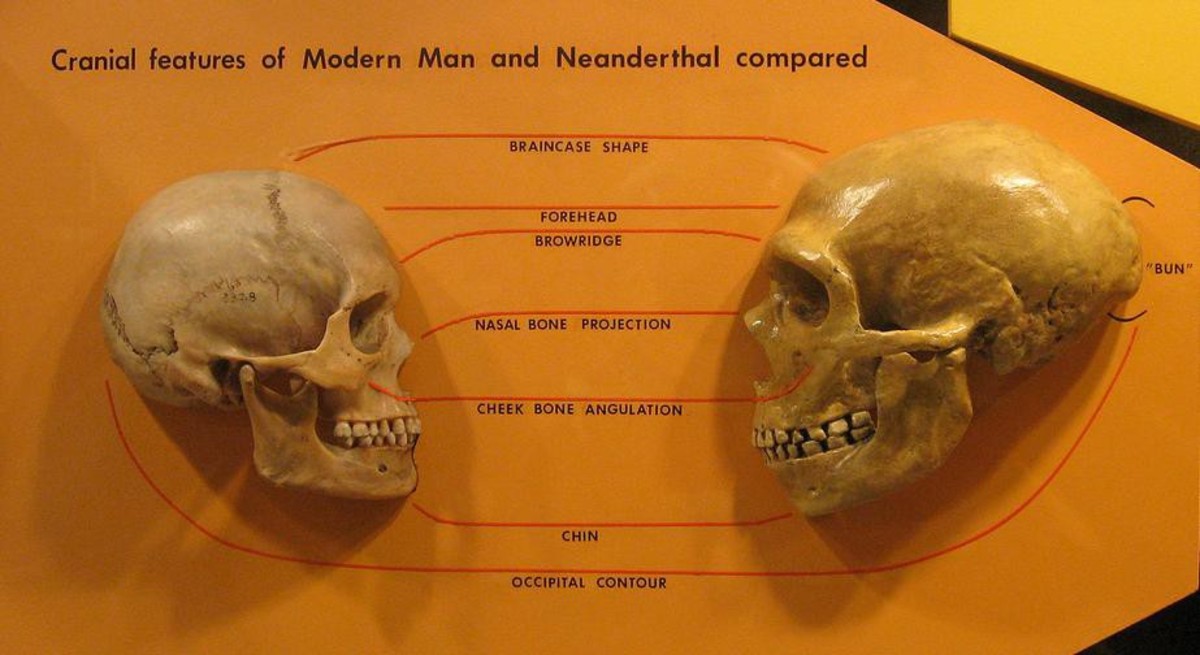 Why And When Did Early Humans Leave Africa Pacific Standard
Why And When Did Early Humans Leave Africa Pacific Standard
 Modern Humans Reached Europe 210 000 Years Ago Report
Modern Humans Reached Europe 210 000 Years Ago Report



0 Response to "When Did Modern Homo Sapiens Arrive"
Post a Comment